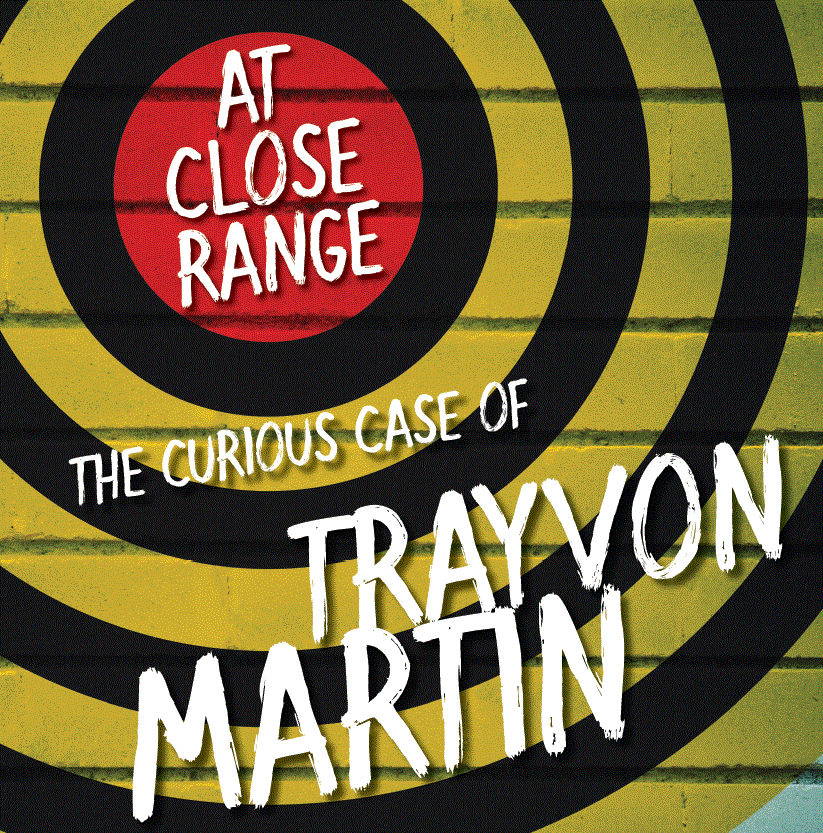Location
Panel Two
Event Website
http://www.law.ufl.edu/academics/centers/csrrr
Start Date
20-3-2013 9:45 AM
Description
Several studies have found a link between ethnocentric attitudes and fear of crime, where negative attitudes toward other races are associated with fear of crime. In the literature on fear, this is referred to as subcultural diversity. It may be that people are socialized to fear other racial and ethnic groups and that this will impact how they respond to stressful situations. That is, if people have a heightened fear of people who look different than they do, some may be more likely to respond to perceived threats with violence in an effort to protect themselves. In this paper, we consider the idea that racial socialization and fear of crime might have played a part in the killing of Trayvon Martin. Specifically, using a sample of undergraduate students, we will examine the presence of parental racial socialization (cultural socialization, preparation for bias, and promotion of mistrust) and its impact on fear of crime, comparing these attitudes by race and gender. We will then examine how these factors impact responses in a situational scenario similar to the Trayvon Martin case.
Racial Socialization and Fear of Crime
Panel Two
Several studies have found a link between ethnocentric attitudes and fear of crime, where negative attitudes toward other races are associated with fear of crime. In the literature on fear, this is referred to as subcultural diversity. It may be that people are socialized to fear other racial and ethnic groups and that this will impact how they respond to stressful situations. That is, if people have a heightened fear of people who look different than they do, some may be more likely to respond to perceived threats with violence in an effort to protect themselves. In this paper, we consider the idea that racial socialization and fear of crime might have played a part in the killing of Trayvon Martin. Specifically, using a sample of undergraduate students, we will examine the presence of parental racial socialization (cultural socialization, preparation for bias, and promotion of mistrust) and its impact on fear of crime, comparing these attitudes by race and gender. We will then examine how these factors impact responses in a situational scenario similar to the Trayvon Martin case.
https://scholarship.law.ufl.edu/csrrr_events/10thspringlecture/panels/8
